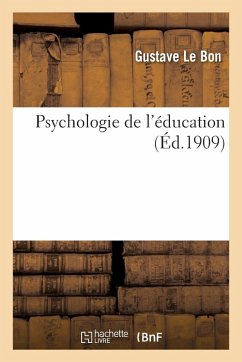Nicht lieferbar

Teaching and the Adolescent Brain
An Educator's Guide
Versandkostenfrei!
Nicht lieferbar
The concept that educators must help their adolescent students develop better problem-solving skills is well known. However there is little evidence that many classroom educators or administrators are getting any training in how learning takes place in the adolescent brain. Ask a teacher or administrator how their students' brains learn, and many will have no idea. Then ask if their teaching strategies are in line with how the brain learns and they will still have no idea. Having a strategy of teaching with no understanding of how the brain actually learns is like having a theory about day and...
The concept that educators must help their adolescent students develop better problem-solving skills is well known. However there is little evidence that many classroom educators or administrators are getting any training in how learning takes place in the adolescent brain. Ask a teacher or administrator how their students' brains learn, and many will have no idea. Then ask if their teaching strategies are in line with how the brain learns and they will still have no idea. Having a strategy of teaching with no understanding of how the brain actually learns is like having a theory about day and night without understanding that the earth rotates. The neuroeducation approach of this book addresses educational issues from the perspective of how the brain processes information, and how this processing affects thinking and learning. Armed with the latest knowledge from cognitive psychology, cognitive neuroscience, and education, readers will gain a comprehensive approach to adolescents that will allow them to teach the whole person. Written by a full-time classroom teacher and researcher on memory, this book presents strategies and skills for educators and focuses on the longest period of a child's educational life-that of adolescence. Chock full of interventions, instructional strategies, as well as a relevant and understandable distillation of research into how brains actually learn and remember things, this book is indispensible for the classroom teacher and policy makers of the 21st century. Each chapter contains summary and review material making it easy for the reader to translate information from the book right into classroom practice.










